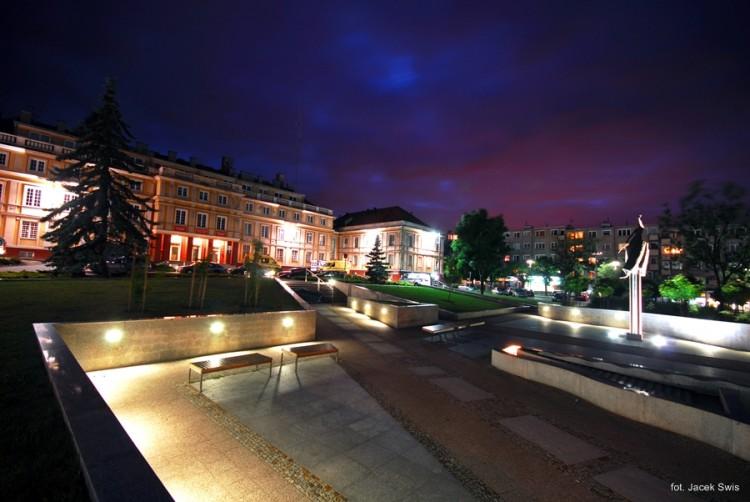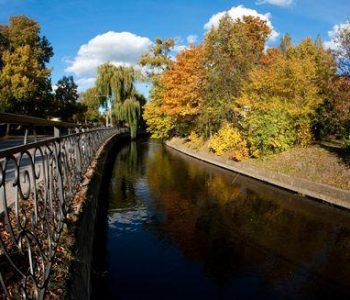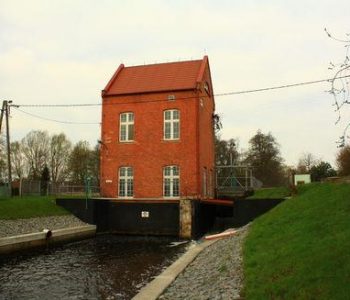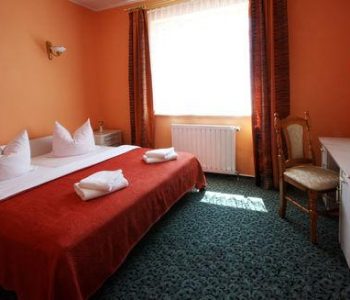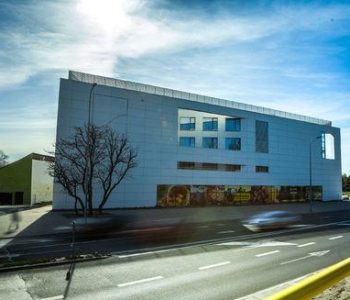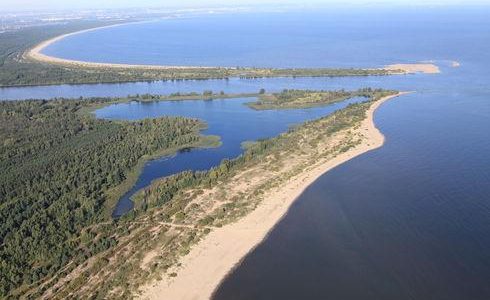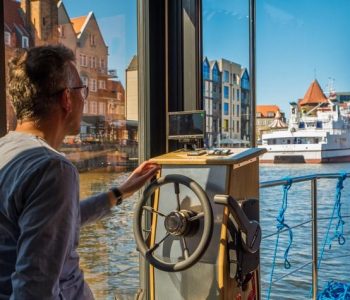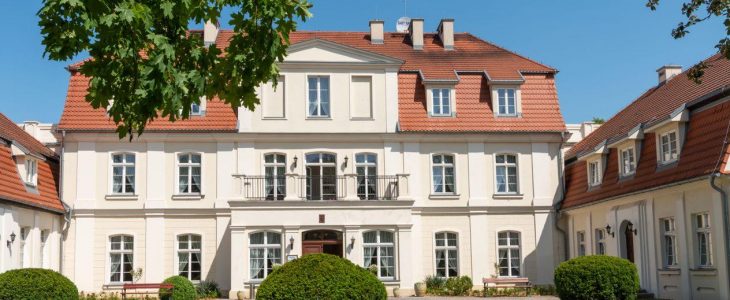The frequent presence of merchant caravans wandering along the Amber Route is proven by numerous archaeological findings from Pruszcz itself and from its close vicinity. Among the findings you can encounter artefacts coming from different cultures, including those indicating that the area was visited by merchants coming from today’s Mediterranean region, that is from the Roman Empire. Pruszcz’s mediaeval history is mainly the blossoming of the village of that time, which enjoyed privileges lavishly granted by the Teutonic Order.
Then it became one of Gdańsk‘s rural estates. It became particularly important to the Gdańsk economy when, in the 13th Century, the Radunia Canal was constructed. It provided water to a great number of industrial establishments, with the Great Mill just to start with. Since then Pruszcz became an obligatory point on the attack plan of every aggressor thinking about sieging Gdańsk fortress. They always started blocking Gdańsk by cutting off the Radunia Canal in Pruszcz to deprive Gdańsk of the water powering the mills. In the 19th Century modernity came to the settlement, and a railway line was led through it, and then a few industrial establishments were created. As a result, the number of Pruszcz residents grew dramatically; however, the settlement obtained its civic rights as late as in 1945.
